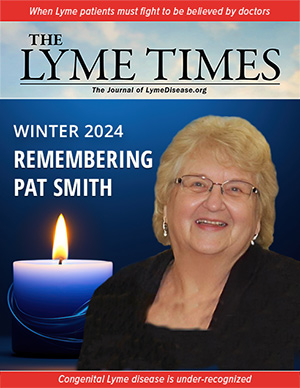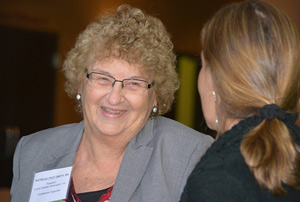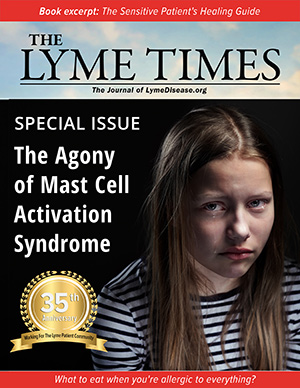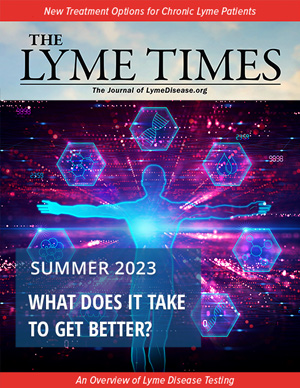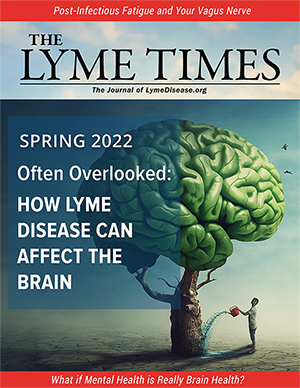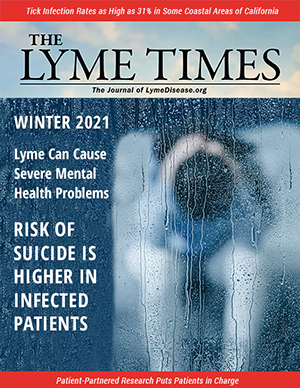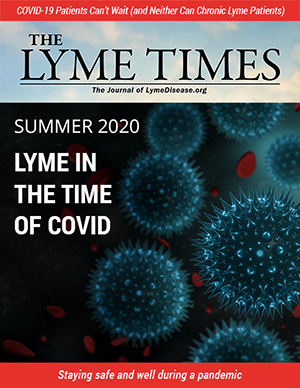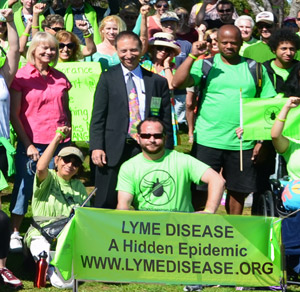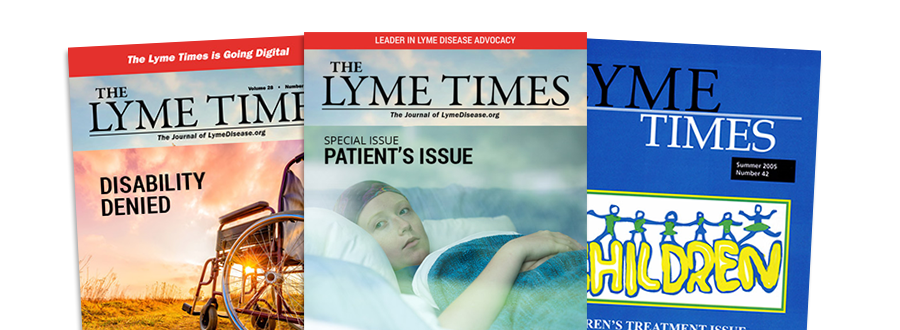W e lost an incredible friend, patient advocate, and research partner on June 14, 2020. Dr. Neil Spector meant so much to so many people, and his contributions to patient advocacy and advancing research in the tick-borne disease community will be sorely missed. I would like to share a little about what Neil Spector meant to our team at Galaxy Diagnostics.
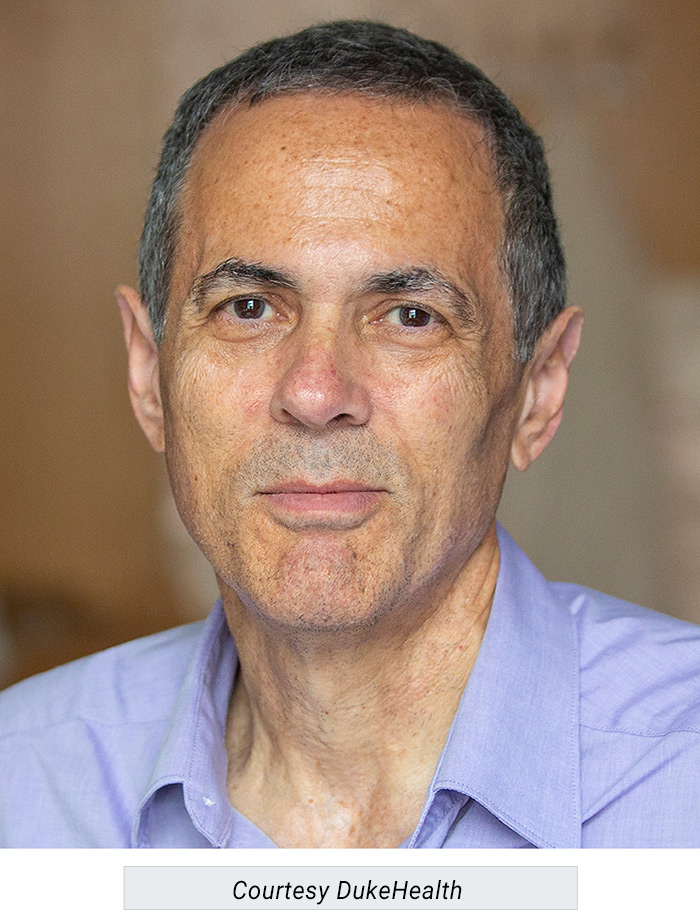 We work in an important area of medical discovery at Galaxy. Our mission involves developing test methods that are more sensitive for elusive and slow-growing pathogens, driving research to support clinical practice, and building awareness about flea- and tick-borne infections that remain poorly understood in medicine and society today.
We work in an important area of medical discovery at Galaxy. Our mission involves developing test methods that are more sensitive for elusive and slow-growing pathogens, driving research to support clinical practice, and building awareness about flea- and tick-borne infections that remain poorly understood in medicine and society today.
Our efforts have most notably focused on Bartonella species infection and have recently expanded to include Borrelia species, Babesia species, and other tick-borne agents that contribute to a growing population of individuals with persistent, complex, and chronic symptoms.
This work is incredibly difficult in a medical system that resists change and new ideas.
That is where this amazing man, Dr. Neil Spector, comes in. We met Neil a few years ago through his tick-borne disease advocacy work. Right from the beginning, we all knew that Neil was a special connection. As a well-regarded physician, researcher, and indeed patient, Neil saw parallels between cancer discovery and the research needed for Lyme disease.
That kind of creative, out-of-the-box thinking is exactly how our team approaches research on bartonellosis. So, we invited Neil to visit and share perspectives.
Neil created a path forward for the discovery work on Bartonella and Borrelia infections.
Dr. Spector contributed to emerging research
The results were magical. Not only did Neil listen to our story about the clinical importance of Bartonella, but he dove into the emerging research with us, and then he acted by launching a research collaboration with our NCSU research partners to investigate the potential mechanisms of Bartonella oncogenesis in breast cancer cell lines and to develop immunotherapy treatments for borrelioses and bartonelloses. Neil saw the possibilities in the picture we painted for him……Join or login below to continue reading.



